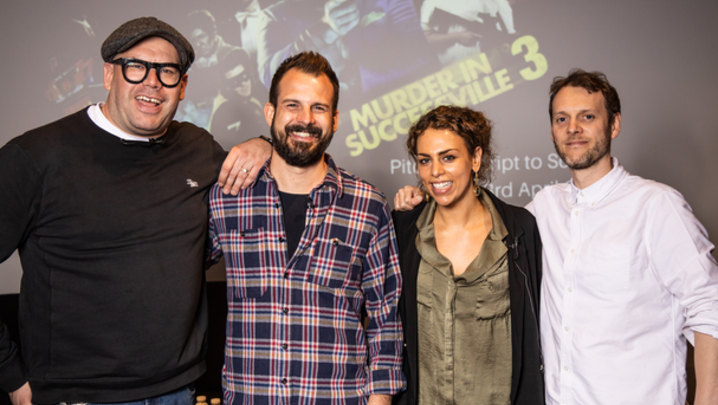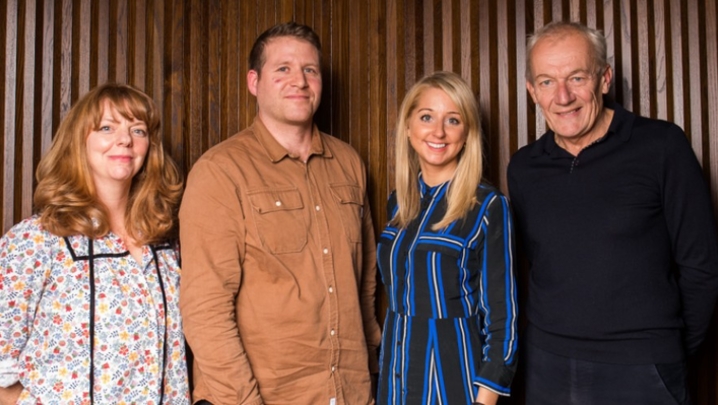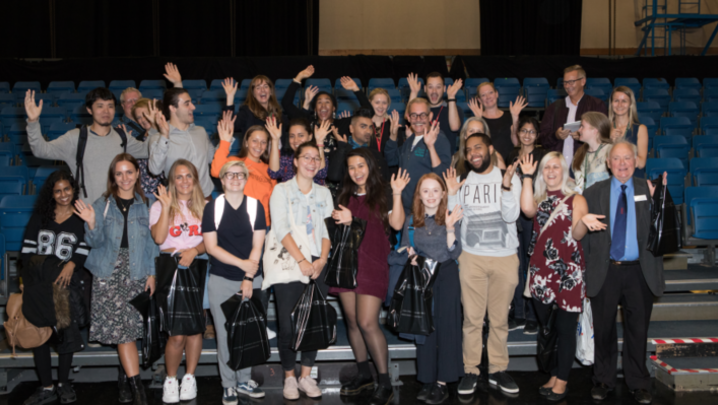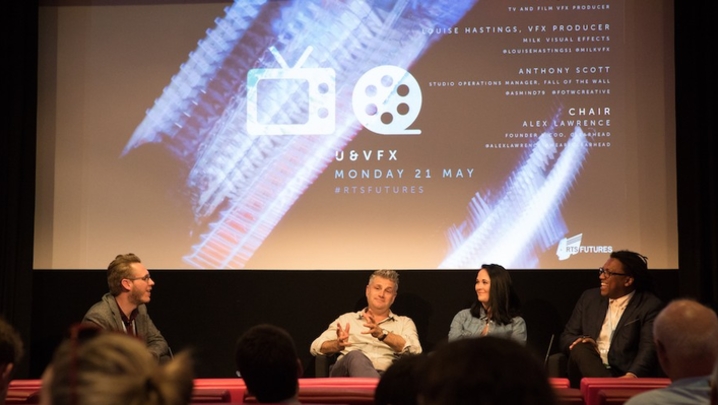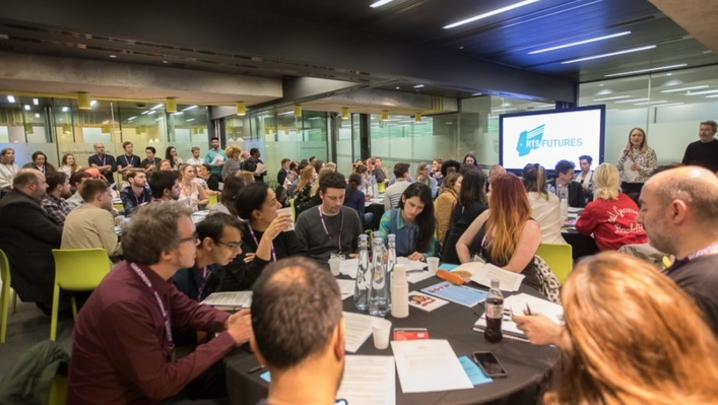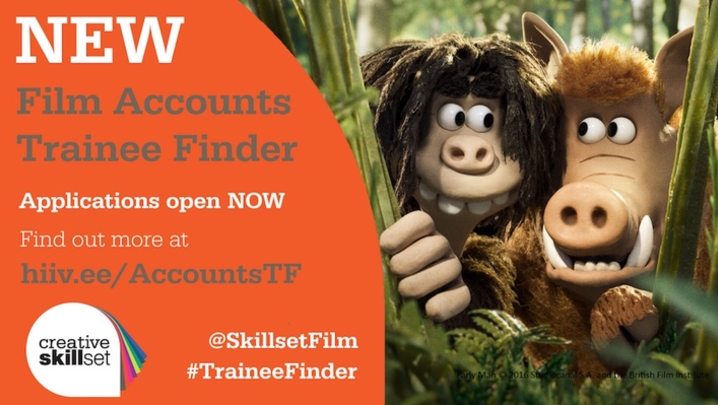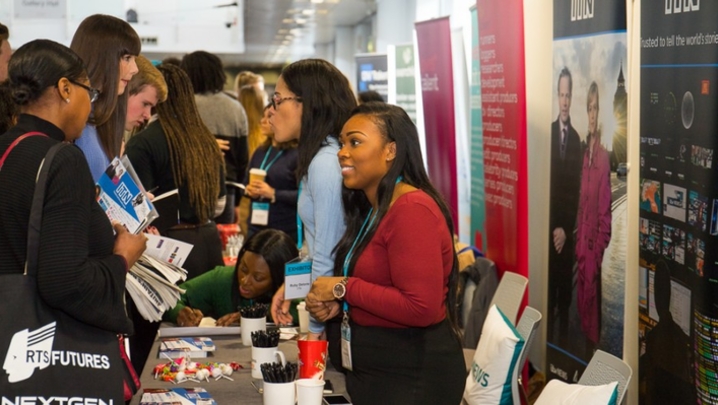Researchers are common to all genres of TV production, and every ambitious production runner wants to become one. The name seems self-explanatory. But what do those scary additional words, like 'shooting' or 'casting' actually mean? Our expert interviewees help you work out what kind of researcher you want to be, and how you get there.
There are many different types of researcher job. Some of the titles you might see include:
- Junior researcher
- Casting researcher
- Archive researcher
- Shooting researcher
- Audience researcher
- Development researcher
But, confusingly, these are not fixed terms used by every company. “Every production has a different requirement or different take,” says Helen Thompson, a talent manager at BBC Northern Ireland.
Specialist researchers are easier to set apart. They include archive researchers, or people who have degrees in subjects such as science or history.
Alex Cowan has worked as a freelance archive researcher for more than twenty years. He is required to have a broader and more technical skill set for his role.
“You’re lucky enough to be much closer to the creative coalface as an archive researcher,” says Cowan.
Cowan's role, along with other specialists, is more senior than your average researcher. Archive researchers play a bigger part in storytelling decisions, as they are responsible for finding archive footage to convey a certain mood or event.
They are also responsible for clearing the footage and negotiating the price. "Sometimes you work closely with production managers and you tell them who to speak to and how much it will cost," says Cowan. "You do the negotiations, but the production managers sign them off."
Although it is a specialism, Cowan says it’s not one that can’t be grasped. There are fewer jobs today with the rise of the internet and reality TV, but there are still young people coming into archive research.
Even if a candidate isn’t a specialist, productions will favour candidates with knowledge that will benefit the production. This can come from degree courses, hobbies or previous roles.
Helen Thompson explains: “If you’re looking for a sports researcher, any researcher worth their salt will be able to do the job, but productions are on a short timeframe. They will want someone to hit the ground running because they have useful contacts and understanding already.”
While past experiences can steer you towards certain job titles, it is possible to move around.
Craig Langran has worked as a junior, development and casting researcher on programmes for ITV, Channel 4 and the BBC, so is well placed to outline the distinctions between the terms. A junior researcher role is often the starting point for TV researchers.
“In some cases, a junior researcher is all but a researcher in name and less pay…” says Langran. "But responsibility is main thing that changes.”
“So, for instance, a development researcher will be writing up whole treatments and you might support them with doing research. You’re working on a slightly smaller scale and the further you progress the more you do.”
Langran says there is no set standard you need to meet to be classed as a ’self-shooting' researcher. “You don’t need training to learn how to use a camera,” he says. “Next time you’re on a job [and they ask if you can shoot] say yes and work it out afterwards.
“Your first stuff might be crap but you’ll learn quickly. They’re not expecting miracles. If it was really important they would hire a professional.”
This is a particularly useful skill for budding casting researchers to develop, as Langran says he has been asked to go out and shoot casting tapes before assembling a rough cut for producers.
For development research, Langran says strong writing skills are a huge bonus, as an important part of the role is writing pitching documents used to sell programmes.
Core skills for all roles
Whatever kind of researcher you become, there is a core skillset required by all roles. Ophelia Byrne is a producer at BBC Northern Ireland, who worked as a researcher in factual programming. She says the key traits are: “being determined, being curious and having the ability to go the extra mile.”
Good research skills are an obvious requirement, but Langran says this isn’t always apparent. “The amount of people who make notes and don’t source or don’t cross reference and find a second source…” he comments.
Sourcing, cross-referencing… It seems people who have been to university have a huge advantage here. But must you have a degree to be a researcher? Byrne says no: “A degree is really helpful but what’s really important is having the right qualities and combining those with training and experience.”
Top tips for researchers
Although the internet has made research much quicker, great researchers know its limits.
“People often forget that just because it’s not on the internet, that doesn’t mean it doesn’t exist,” says Byrne. “Sometimes the most interesting stuff is not online.”
Langran says avoiding the computer yields great results for him. “I always prefer to pick up the phone, get the information from the horse’s mouth. It enables me to work a lot quicker,” he says.
Byrne also recommends getting to know your producers’ preferences so you can deliver what they want. “Some producers like reading heaps, others like short and sharp verbal presentations, some are very visual. You need to get a sense of how they like to work.”
“The faster you can get across that, the faster you’ll be part of that team,” she says.
Cowan recommends attending The British Universities Film & Video Council's courses about copyright research and sources. While particularly useful for aspiring archive researchers, the Council courses can be relevant to others.
With such variation between researcher roles, some people will be more suited to certain jobs than others. But moving around has its benefits. “There is always something to be gained and to be learnt from the people around you with more experience,” says Craig Langran.
Whether you stick to one path or do a bit of everything, strengthening your core skills and being prepared to go beyond your basic duties should help you land the researcher role you really want.
If you're interested in becoming a TV researcher, check out RTS Futures, who hold events designed to help young people break into TV. Make sure to also check out our Essential Tips for Researchers playlist below.



